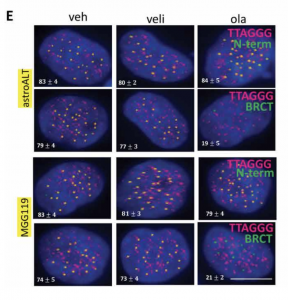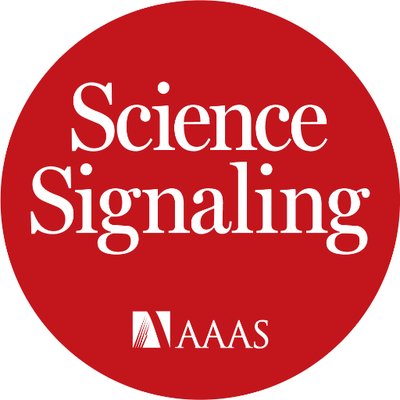One more paper co-authored by Australian health journalist Maryanne Demasi has earned an expression of concern for image duplication.
The move comes seven years after the journal Biochimica et Biophysica Acta (BBA) was first made aware of potential problems with a figure in Demasi’s paper that showed Western blots. It marks the third time one of the former researcher’s scientific publications has been officially flagged as concerning or retracted.
Demasi, who earned her PhD from the University of Adelaide in 2004, has been in the news recently after she did a controversial interview with the lead author of a Cochrane review that cast doubt on face masks. She has drawn frequent rebuke over the past decade, beginning with a 2013 program in which her reporting questioned statins. She and her co-authors told us in 2018 that they believe her work as a journalist made her research a target of criticism.
Continue reading Paper co-authored by controversial Australian journalist earns expression of concern







